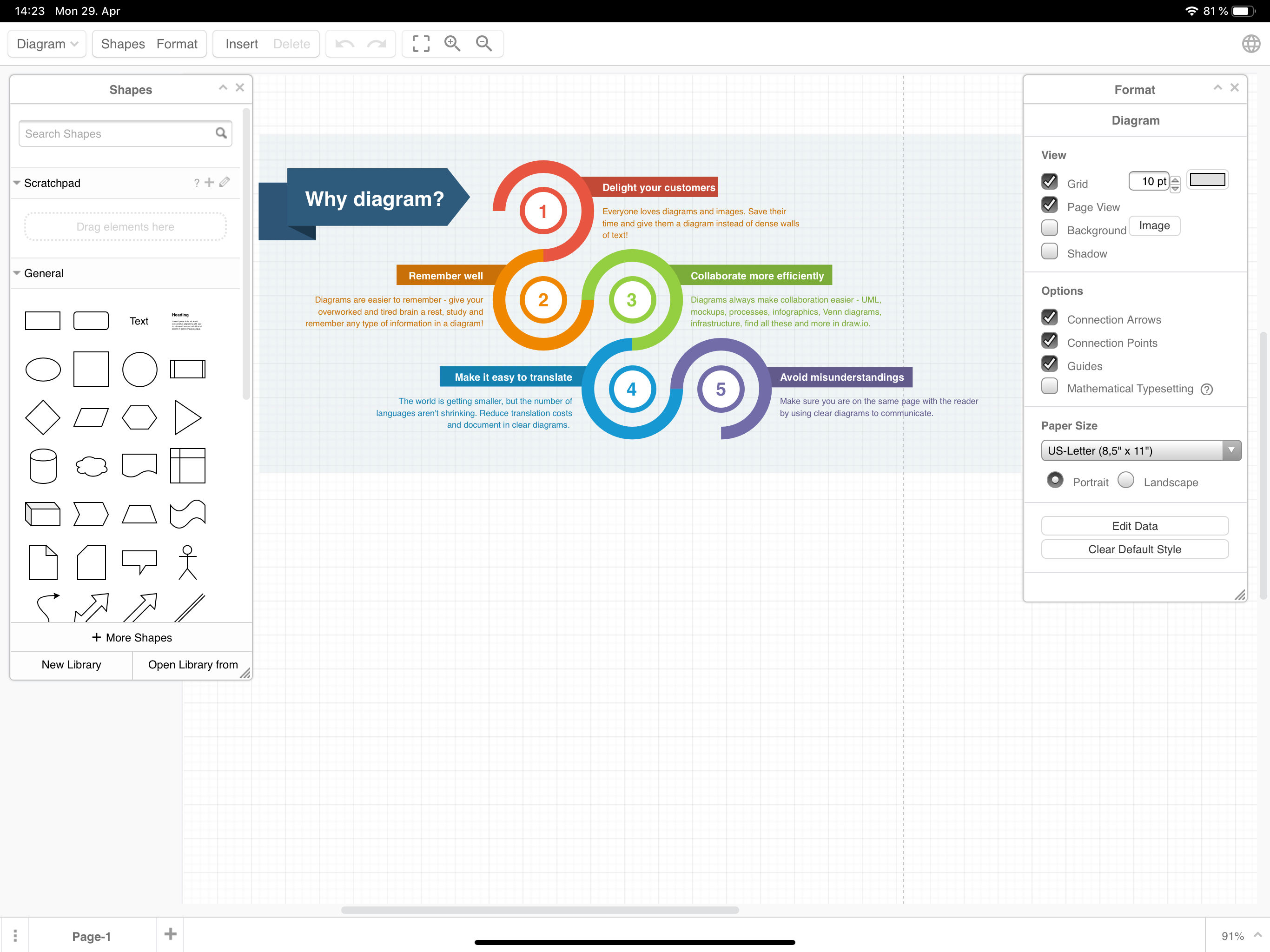

Unlike a fourth-generation language (4GL), it is not specific to an application domain.

A 3GL language is easier than assembler language for a human to understand and includes features such as named variables. Third-generation language (3GL) applications can access PL/SQL scalar and composite data types through host variables and implicit data type conversion.

PL/SQL lets you manipulate data with SQL statements control program flow with conditional selection and loops declare constants and variables define subprograms define types, subtypes, and ADTs and declare variables of those types and trap runtime errors.Īpplications written in any Oracle Database programmatic interface can invoke PL/SQL stored subprograms and send blocks of PL/SQL code to Oracle Database for execution. PL/SQL, the Oracle procedural extension of SQL, is a completely portable, high-performance transaction-processing language. You can use servlets to keep a database session open and store variables between requests from the same client. You can use cookies to store small items of information about the client system, and retrieve them when the user returns to a website. For example, an entry form on one web page can pass information to subsequent web pages, enabling you to construct a wizard-like interface that remembers user choices through several different steps. There are many ways to add stateful action to web applications that are stateless by default. This is a popular way to process single-screen requests such as customer registration. Stateless applications gather all the required information, process it using the database, and then start over with the next user. Web or thin-client applications that are stateless are easier to develop. When the application can save information in this way, the application is considered stateful. For example, past choices can be presented in a menu so that they not be entered again. In traditional client/server applications, the application can keep a record of user actions and use this information over the course of one or more sessions.


 0 kommentar(er)
0 kommentar(er)
